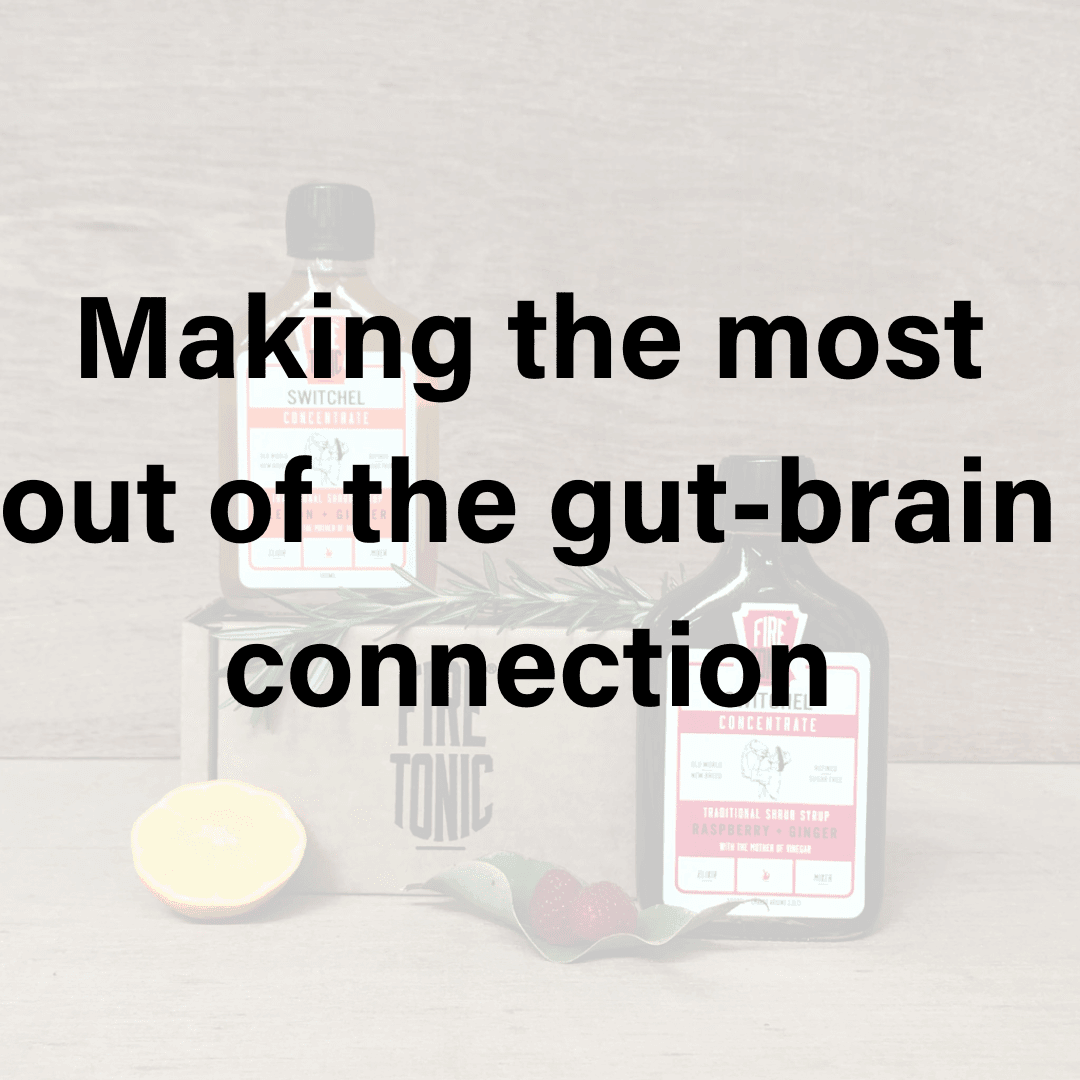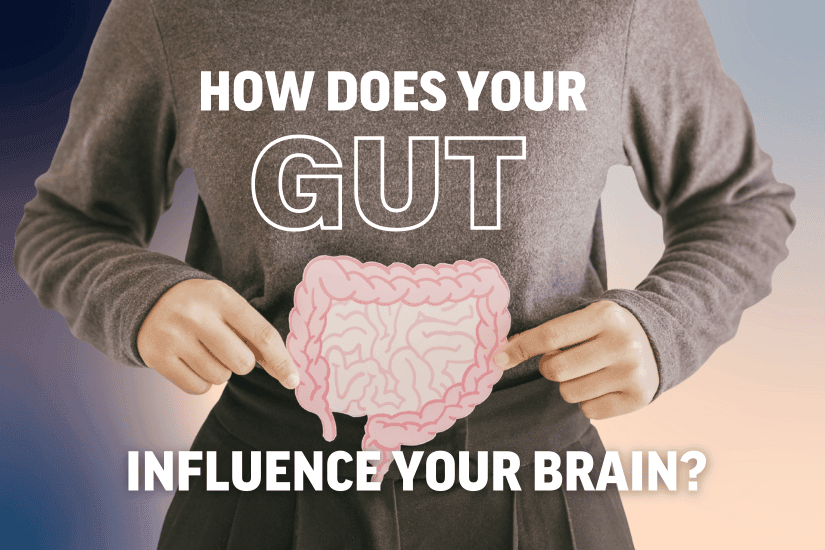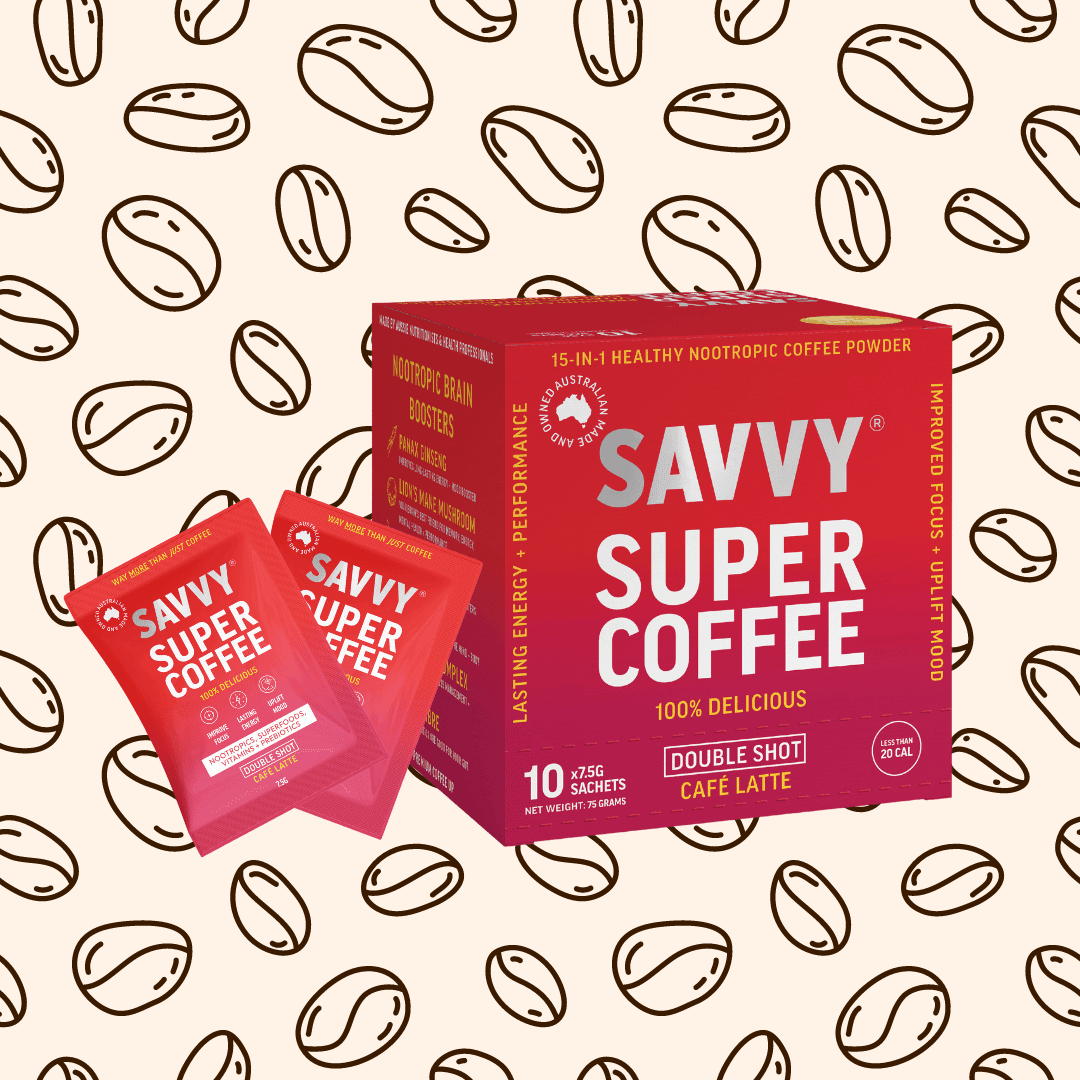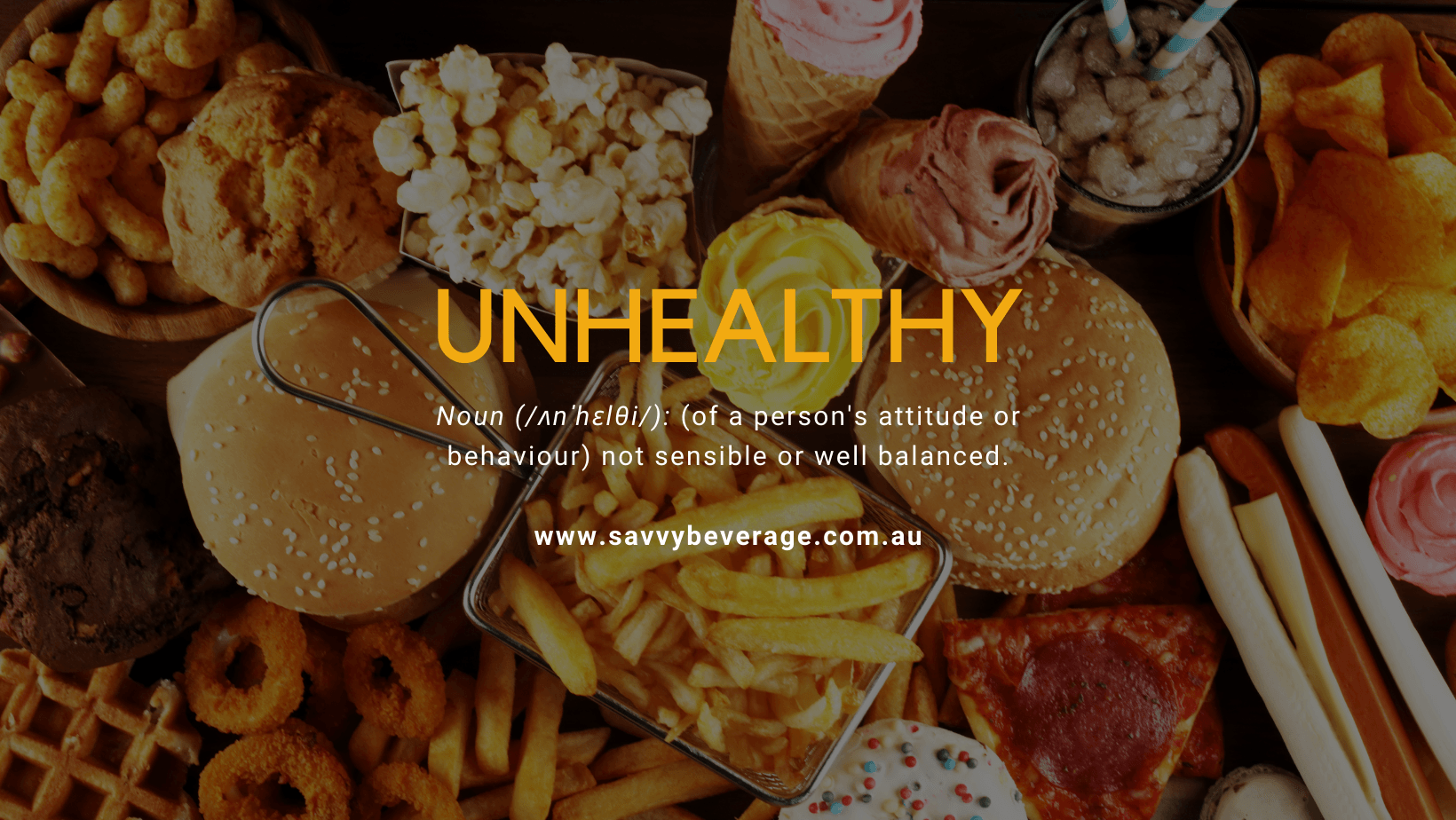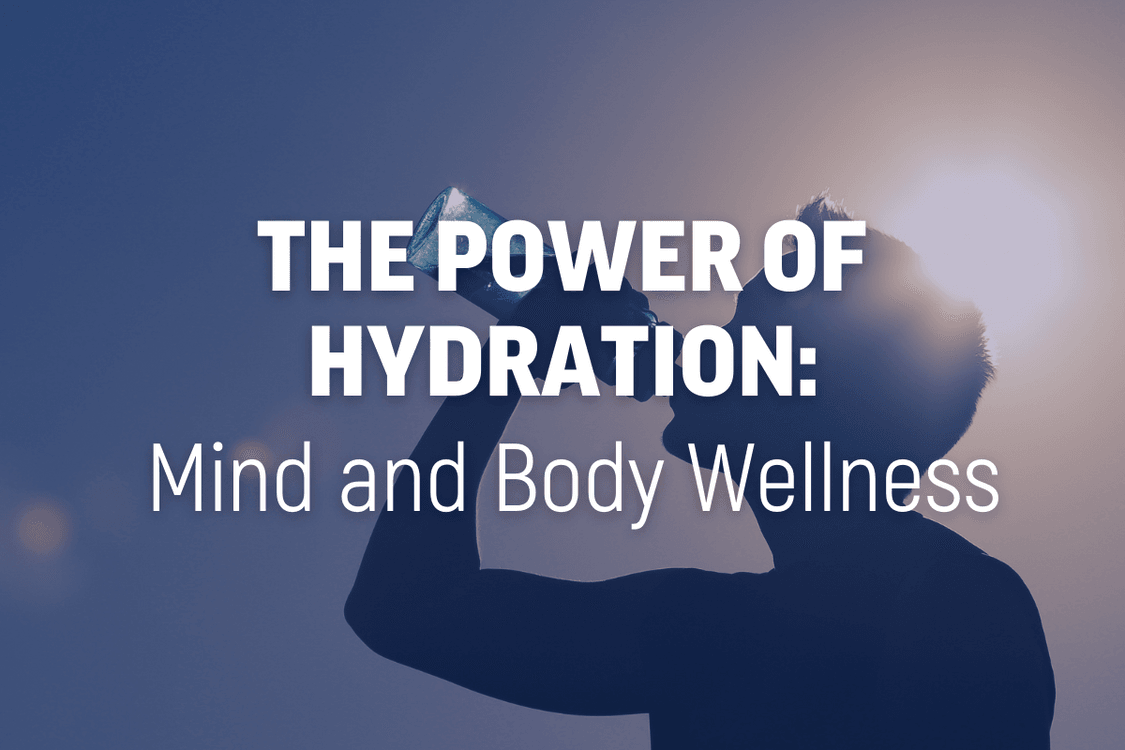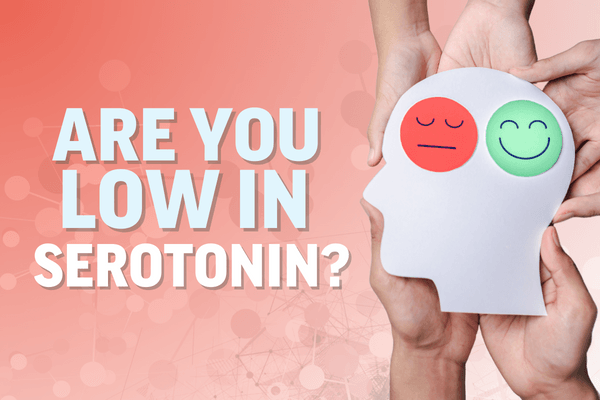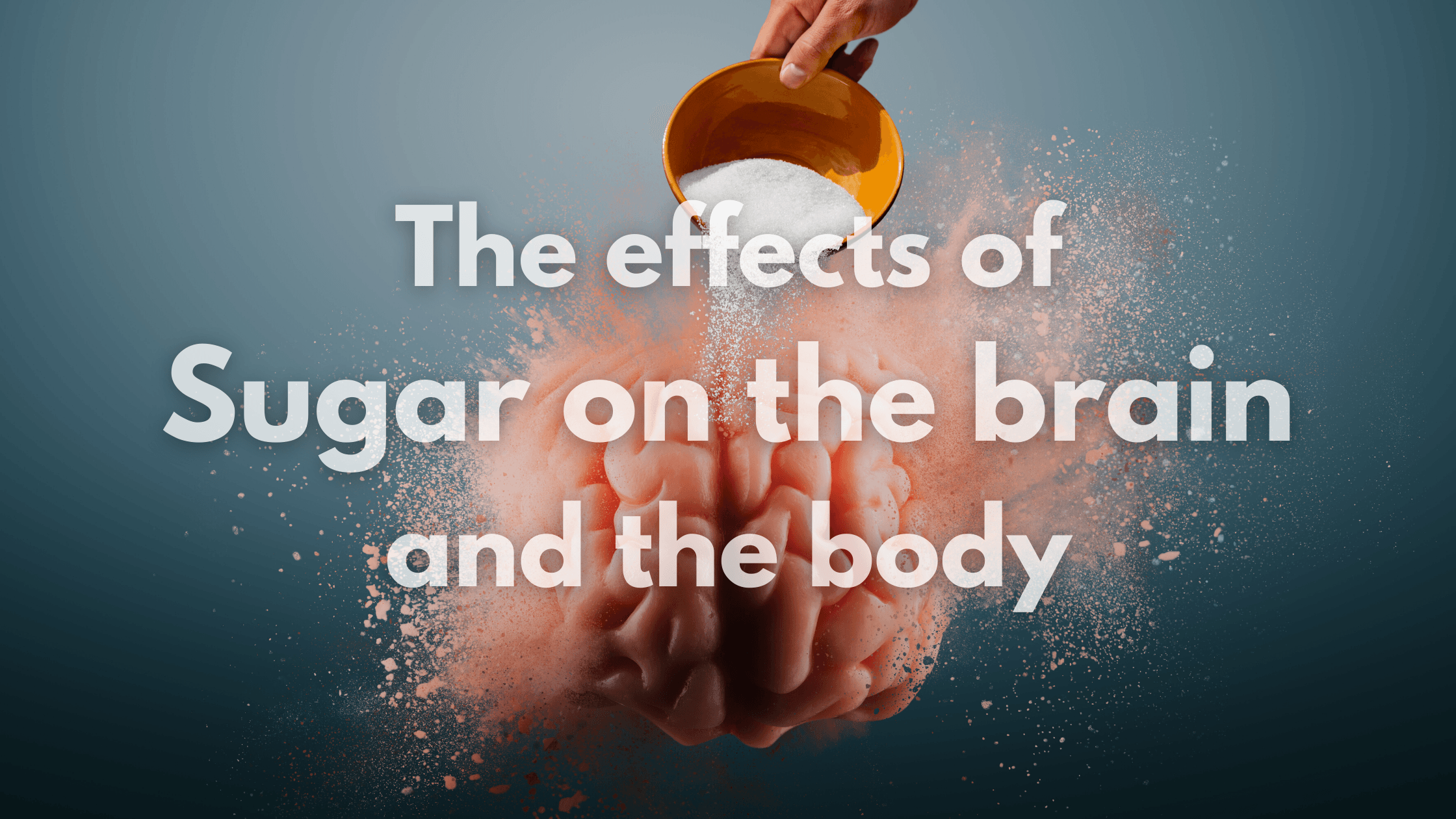
The Effects of Sugar on the Brain and the Links to Stress, Anxiety and Depression

A diet too high in refined sugar can significantly contribute to stress, anxiety, and depression. Learn how sugar affects the brain and what you can do about it.
| Article at a glance |
|
Food can have many effects on your mood and emotions. The food you eat can also have long-term implications for your health. We are born hardwired to like things that taste sweet. This preference for sweetness is a survival mechanism that humans developed to protect us from eating toxic foods. So naturally it makes sense that we often crave sugar. You may crave lollies and find that eating them makes you feel better in the short term – but in the long term – they are very harmful for your mental health as well as your physical health!
Unfortunately, there’s a negative relationship between sugar, the brain, the body, physical health and mental health. And it doesn’t just stop at sugar – artificial sweeteners also fuel both depression and anxiety. Let’s dive into the effects these have on your body and what you can have instead to enjoy some sweetness without the dark side!!

Sugar consumption has a bittersweet effect. Natural sugar foods are generally healthy to consume. Sugar occurs naturally in complex carbohydrates like fruits, vegetables, and grains. This is fine, unless you’re having like 10 bananas a day! It’s the foods with added sugar, although sweet to the palate, that can pose health risks when consumed excessively on a long-term basis. The added sugar (often called table sugar) is white crystalline powder extracted from sugar cane. This extraction means the sugar cane is intensively processed, so the resultant table sugar has no nutritive value, and in many ways is more like a drug than a food.
Refined sugars are added to food to boost the flavour. It is present in simple, refined foods like pasta, cakes, baked goods, bread, soda, and candy. These are the ones to look out for as the fact is that excessive consumption of sugar may lead to an increase in the risks of stress, anxiety, and depression. In fact, sugar is considered to be more addictive than cocaine, which is why people crave it so damn much! Thankfully, you can reduce sugar consumption by slowing down on sugary foods, choosing healthier desserts, and consuming quality carbs. [1]
How Sugar Can Cause Stress, Anxiety And Depression

Research has revealed that eating processed sugary food increases the risk of becoming stressed and depressed than eating nutritious foods. While sugar can make you feel better temporarily, it in fact, feeds depression. Processed foods increase the risk of inflammation. Inflammation can lead to stress, reduced energy levels and depression. There are a few ways that sugar can cause negative mental health effects. So let’s don our science-propeller hats and let’s tuck in!
Sugar causes a serotonin crash. Serotonin is a major neurotransmitter (brain chemical) known as the “happiness molecule” for the important role it plays in maintaining a positive mood. Sugar and other processed carbs are appealing when you’re tired, or feeling down because they give you a serotonin boost and they’re an easy “comfort food”. But this lift is short-lived, lasting only an hour or two before your serotonin level crashes and you feel even worse than you did before!!
Sugar increases brain inflammation. It is understood that depression is caused by a lack of two neurotransmitters, mainly serotonin and sometimes dopamine. There is another primary reason as well – and that is brain inflammation. It suggests that any inflammatory foods to your brain are the root cause of depression.
Sugar suppresses Brain Derived Neurotropic Factor (BDNF) which is a natural antidepressant. Brain-derived neurotrophic factor (BDNF) is a protein critical for a healthy brain. BDNF stimulates the formation of new brain cells and helps protect the brain from neurodegenerative diseases (Alzheimer’s, dementia, schizophrenia etc.). It also acts as a natural antidepressant. But sugar, especially when combined with high fat intake, decreases BDNF production.
Sugar causes excess stress hormones to be released. Foods with a high glycemic index like sugar or even wheat cause blood sugar levels to spike. Your body responds with insulin (a hormone made by the pancreas that allows your body to use sugar for energy quickly) which causes your blood sugar to drop. Lowered blood sugar then causes your adrenal glands to release the stress hormones cortisol, norepinephrine, and epinephrine. This in turn gets your liver to release stored sugar to bring your blood sugar level back to normal. However, the release of these hormones ramp up anxiety, stress and can make you feel much worse.
This is what the research shows regarding the link between sugar and depression:
- A study across six countries found a “highly significant” correlation between sugar consumption and the rate of depression. [2]
- Frequent consumption of fast food and commercial baked goods increase the risk of depression up to 38%.[3]
- Regular consumption of sweetened drinks significantly increases the chances of developing depression. [4]
- A 20+ year study following over 48,000 women found that sugar and processed grains increase the risk of depression, while fruits and vegetables decrease the risk. [5]
Alternatives to Sugar
Monk fruit and stevia are probably the healthiest option as they are natural plant extracts that are hundreds of times sweeter than sugar! So you can use a tiny amount and it will sweeten up foods a huge amount. The next are sugar-alcohols like xylitol, erythritol and isomaltose.
Natural sugars like maple syrup, yacon syrup, molasses, and honey are less harmful than regular sugar and even have health benefits. Yet, even they should still be used sparingly.
However, you want to stay away from artificial sweeteners as they can affect your microbiome and cause stress, mood, and brain disorders.
How Artificial Sweeteners Harm Your Second Brain
Your gut is your second brain. Your intestines have over 100 million neurons, which are brain cells, which is why your gut is often called the "second brain". Studies on artificial sweeteners revealed that artificial sweeteners affect your microbiome. [6]
The microbiome is the collective name for gut bacteria. These gut bacteria product over 90% of your body’s serotonin (which is your happiness brain chemical). So you do not want to mess with your gut that literally makes your happiness!! However, artificial sweeteners negatively affect your microbiome and make it dysfunctional. [7] A defective and impaired microbiome can cause stress, depression, mood, and brain disorders.
Artificial sweeteners are things like sucralose, acesulfame potassium, saccharin, aspartame, neotame and many more nasty chemicals. These exist a lot in things like diet sodas like coke zero, or pre-workouts, and often in protein powders too.
Always try and look for naturally sweetened options!!
How is Sugar so Addictive
Studies have revealed that sugar is actually an addictive substance.[8]
When compared with cocaine, sugar is more addictive. Let’s say that again – sugar is more addictive than cocaine! Sugar stimulates the brain in a pleasurable manner, even more pleasurable than cocaine. This is why people lose their self-control when it comes to consuming sugar.[9] It can be challenging to break from sugar addiction because sugar is everywhere. But you can start by cutting down on meals containing simple sugar slowly, and your body will gradually adjust.
How To Reduce Your Sugar Intake And Quit Sugar
Here are some tips to reduce your sugar intake and eventually quit sugar:
1. Check Food Labels.

This is THE MOST IMPORTANT. When buying any food product, check the labels for added sugar. In this example, there is 39 grams of sugar in every can of the Bull - which is simply awful for you.
Food producers can be crafty and will use sugar under different names. Here are examples of sugar names to check for on labels: juice concentrates (often apple juice concentrate), brown sugar, malt sugar, corn syrup, high-fructose corn syrup, fruit juice concentrates, invert sugar, and honey.
2. Slow Down On Sugar Foods.

Foods containing sugar like juice drinks, soda, coffee, beverages, fruit juices, and energy drinks have lots of added sugar. [10]
Choose unsweetened tea or sparkling water over these sugary drinks. For natural sweetness, you can add stevia, monk fruit, lemon or so many other things to your drinks.
3. Choose Healthier Desserts.

Opt for fresh fruits, dark chocolate, or dried fruits over desserts made with grains and dairy products.
4. Consume Quality Carbs.
Carbs may contain sugar, but they aren't that unhealthy. Complex carbs like whole grains cause lesser health issues than highly refined foods.
5. Make it a Challenge.
You can quit sugar when you challenge yourself to the task. Try out the steps above to eliminate sugar as much as possible. Monitor yourself to see if you are making progress. In just a few weeks, you'd be surprised how your palate has adjusted.
Final thoughts
The relationship with sugar is a bittersweet one to be sure! But we all enjoy a bit of chocolate, dessert and fun every now and again! The key is to make it only every now and again! And although sugar may lead to several health conditions, cutting it out altogether shouldn't be your aim. Your aim should be to increase your natural sugar intake over added sugars.
References:
[1] Evidence of the Importance of Dietary Habits Regarding Depressive Symptoms and Depression
[2] A cross-national relationship between sugar consumption and major depression?
[3] Fast-food and commercial baked goods consumption and the risk of depression
[4] Sweetened Beverages, Coffee, and Tea and Depression Risk among Older US Adults
[6] Effects of Sweeteners on the Gut Microbiota: A Review of Experimental Studies and Clinical Trials
[9] Sugar addiction: pushing the drug-sugar analogy to the limit



